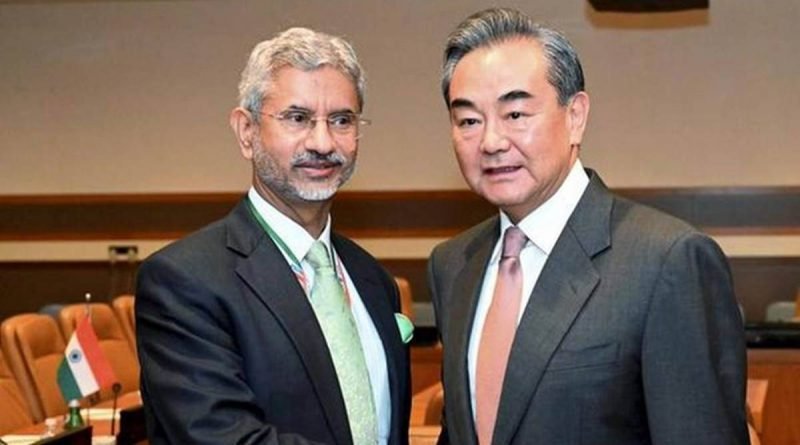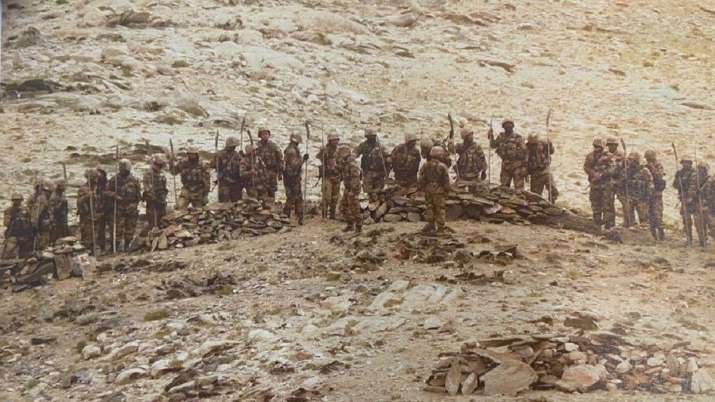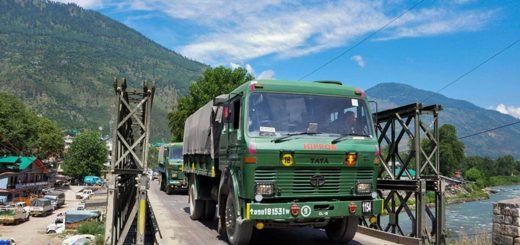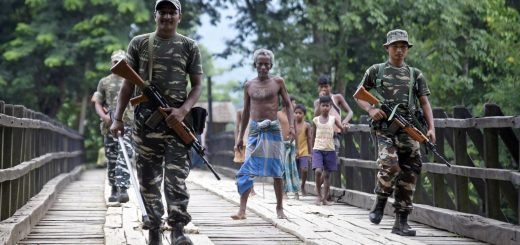Jaishankar and Wang Yi agrees on border issues over telephonic exchange

The ongoing de-escalation on Pangong Tso lake has brought ramifications and ease in deteriorating the Sino-Indian relationship. The Indian External Affairs Minister S. Jaishankar had a telephonic exchange with his counterpart Chinese Foreign minister Wang Yi on 25 February 2021. The conversation which lasted for 75 minutes decodes the prospects in resolving border issues with mutual consent. Both sides discussed the situation along the LAC in the eastern Ladakh and issues about the overall Sino-Indian relationship. EAM Jaishankar applauded the development made so far and urged his counterpart to resolve the remaining issue near the border area.

“EAM emphasized that both sides should now quickly resolve the remaining issues along the LAC in Eastern Ladakh. EAM said that once disengagement is completed at all friction points, then the two sides could also look at broader de-escalation of troops in the area and work towards the restoration of peace and tranquillity,” – the MEA statement read. Seconding Jaishankar’s statement, Wang Yi expressed his satisfaction over the progress made so far. He considered this move as an important step in the restoration of peace and stability in the border areas.He opined that both sides should make efforts to consolidate outcomes and sincerely implement the consensus reached on common understanding.
Evidently, both nations share the longest disputed International border which has poured its lethal effects on the border areas. Since the outbreak of the pandemic both countries are in dead heat despite a plethora of Ministerial and commander level meetings. However, on February 11 India and china agreed for disengagement on the north and south bank of Pangong Lake in a phased, co-ordinated and verified manner. Indian Army Chief Mukund Narawane has termed the outcome as “a win-win situation”.
But it is to be noted that the area of Depsang, Demchok, Gora and Hot springs are still occupied by the military of both countries. During the conversation both the countries agreed that the ongoing skirmish was not in favour of any of them.” It was necessary that the two sides should work towards the early resolution of the remaining issues. It was necessary to disengage at all friction points in order to contemplate de-escalation of forces in this sector. That alone will lead to the restoration of peace and tranquillity and provide conditions for progress of our bilateral relationship” – added MEA statement.
EAM Jaishankar highlighted the ministerial-level meeting in September 2020 in Russia where the Indian side expressed its concern over the unilateral and aggressive approach of the Chinese side to alter the status quo. It is evident that since the border tensions multiplied, bilateral relations between both the nations dwindled, which led to pre-war preparation and massive military settlements on LAC. EAM took cognizance of the fact that the two sides had maintained continuous communication since then through both diplomatic and military channels. “This had led to progress as both sides had successfully disengaged in the Pangong Tso Lake area earlier this month,” added the MEA statement.
The Indian foreign minister mentioned that boundary question may take time to resolve but any disturbance of peace and tranquillity including violence may inevitably have a damaging impact on the relationships. In their concluding remarks, both sides agreed to cooperation. Chinese Foreign Minister Wang Yi appreciated India’s 3 parameters- mutual respect, mutual sensitivity and mutual interests as an approach to the relationship. Both the ministers agreed to maintain their communication and establish a hotline.


















